All about CBSE Syllabus
If you are a school owner or principal looking for more information on the CBSE board, or planning to switch your school to the CBSE board, here’s a detailed guide for you
CBSE is a national-level education board that is followed by both private as well as public schools in India. As compared to other boards, the number of CBSE schools is considerably higher making it relatively easy for parents to switch their children’s school. Many competitive exams in India are also based on the CBSE-recommended syllabus, making it an ideal choice for both school owners as well as parents.
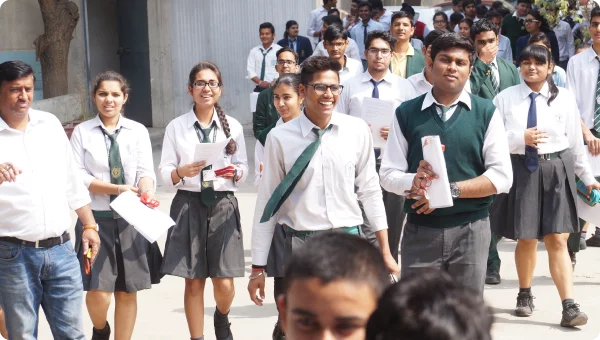
CBSE is a national-level education board that is followed by both private as well as public schools in India. As compared to other boards, the number of CBSE schools is considerably higher making it relatively easy for parents to switch their children’s school. Many competitive exams in India are also based on the CBSE-recommended syllabus, making it an ideal choice for both school owners as well as parents.
The Curriculum prescribed by CBSE strives to:
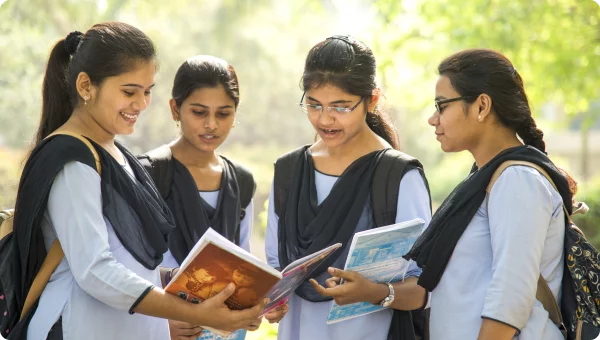
The Curriculum prescribed by CBSE strives to:
Languages 1
Languages 2
Social Science
Mathematics
Science
Elective Subjects
Health and physical education
Work Experience
Art Education
Languages 1
Languages 2
Social Science
Mathematics
Science
Elective Subjects
Health and physical education
Work Experience
Art Education
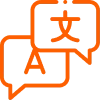
Languages include Hindi, English and 37 other languages. The curricula in languages focus on listening, speaking, reading and writing skills and, hence, develop effective communicative proficiencies.

Social Science includes the learning of history and culture, geographical environment, global institutions, constitutional values and norms, politics, economy, interpersonal and societal interactions, and civic responsibilities and using it to bring about global transformation.
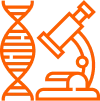
Science (Biology, Chemistry and Physics) includes gaining knowledge about food, materials, the world of the living, how things work, moving things, people and ideas, natural phenomena and natural resources. The focus is on knowledge and skills to develop a scientific attitude and to use and apply such knowledge for improving the quality of life

Mathematics includes acquiring the concepts related to number sense, operation sense, computation, measurement, geometry, probability and statistics, the skill to calculate and organise, the ability to apply this knowledge and acquired skills in their daily life and the skills to think mathematically
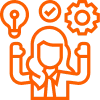
Skills Electives: To develop skills and talents as a form of free expression, CBSE syllabus offers a variety of competency-based subjects under NSQF like Retail, Information Technology, Marketing & Sales, Banking, Finance, AI etc.
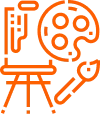
Art Education entails instruction in various art forms (visual as well as performing) with an aim to help children develop an interest in arts and encourage them to participate in the same

Health and Physical Education focuses on holistic development, both mental and physical, understanding the importance of physical fitness, health, well-being and the factors that contribute to them
You can find more details on the CBSE syllabus by visiting their official website. Search for ‘CBSE Academic’ → Curriculum → Click on the relevant year
LEAD is a comprehensive & powerful Integrated School System through which we transform any regular school into a world-class school, setting them up on a high-growth path. We do this via
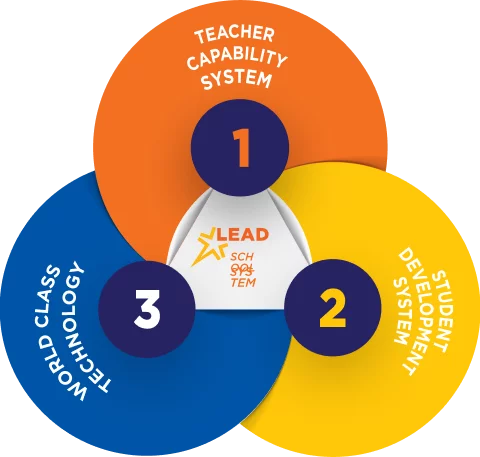
A Teacher Capability System that makes any teacher, a Super Teacher
A Student Development System that builds confidence in students to succeed in life
A World-class Technology that upgrades experience of every stakeholder

